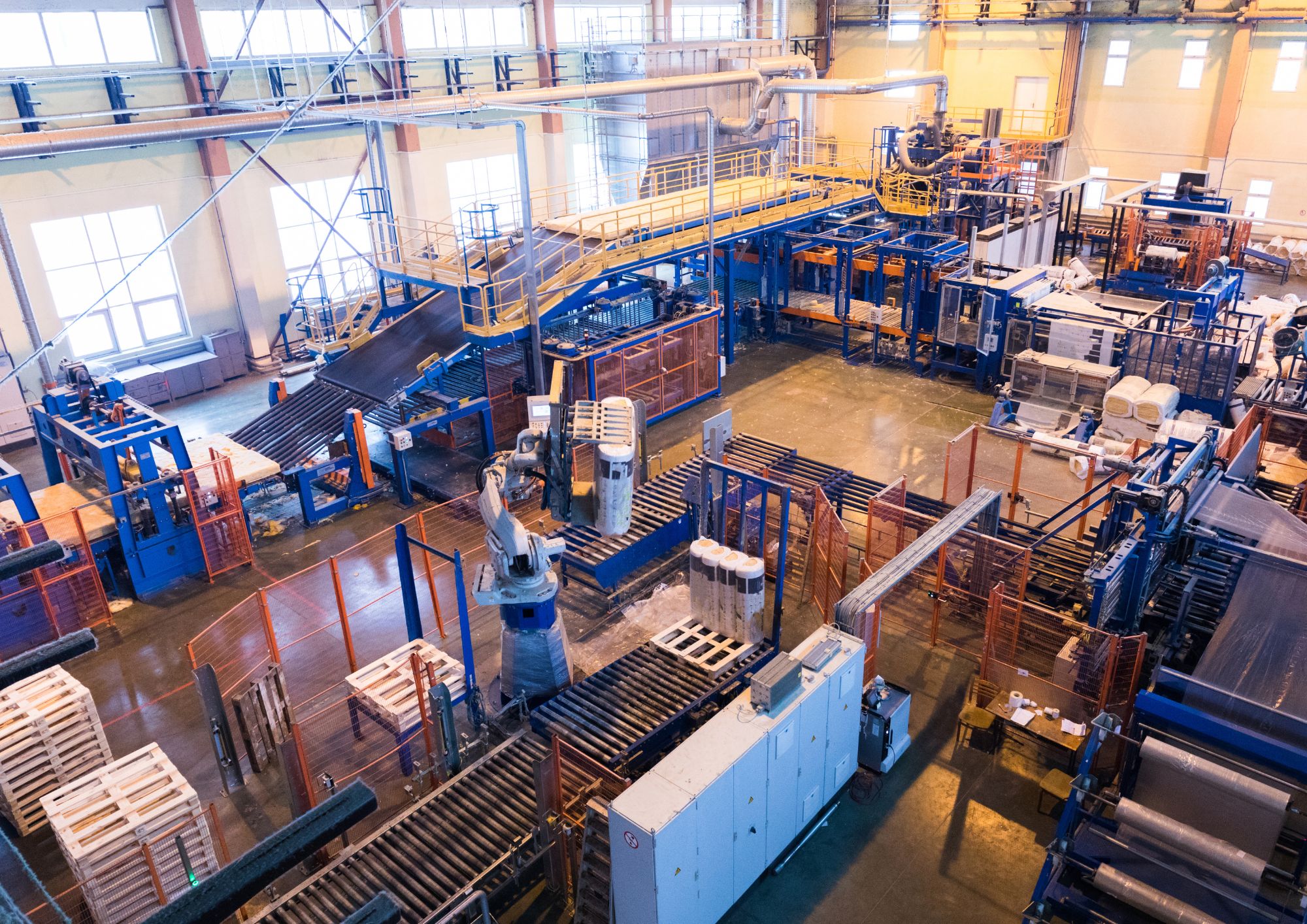The manufacturing industry has always been at the forefront of technological advancements, and Industry 4.0 is no exception.
With the rise of intelligent automation, productivity in manufacturing is skyrocketing, making this the perfect time to explore its potential.
In this comprehensive guide, we’ll dive deep into the world of intelligent automation, providing you with facts, figures, and real-life examples of how it’s revolutionizing manufacturing.
So, let’s get started! 😄
What is Intelligent Automation?
Intelligent automation refers to the integration of advanced technologies, such as artificial intelligence (AI), robotics, machine learning, and the Internet of Things (IoT), to automate complex tasks and streamline processes in manufacturing.
It’s the driving force behind Industry 4.0 and a key component in increasing productivity in manufacturing.
The Role of AI in Intelligent Automation
AI plays a significant role in intelligent automation, enabling machines and systems to make decisions based on data analysis and predictive algorithms.
By learning from historical data and adapting to new information, AI-powered machines can optimize manufacturing processes and improve productivity.
Example: A leading automotive manufacturer used AI to optimize their assembly line, reducing the time to assemble each vehicle by 20% and saving millions of dollars annually.
Robotics and Intelligent Automation
Robotics is another crucial aspect of intelligent automation in manufacturing. Industrial robots can perform tasks faster, more accurately, and with less risk of injury than human workers.
By working alongside humans or even replacing them in some tasks, robots help increase productivity and efficiency.
Fact: According to the International Federation of Robotics, there were over 2.7 million industrial robots in operation worldwide in 2019, and that number is expected to grow rapidly in the coming years.
Benefits of Implementing Intelligent Automation in Manufacturing
Increased Productivity
The primary goal of implementing intelligent automation is to boost productivity. Automated systems can work 24/7 without fatigue, enabling higher output and faster production rates.
Fact: A study by McKinsey & Company found that implementing intelligent automation could raise productivity by 20-25% in the manufacturing sector.
Improved Quality and Consistency
Intelligent automation enables better quality control by minimizing human error and ensuring consistent production standards.
Example: A global electronics manufacturer implemented intelligent automation to improve the quality of their circuit board production, reducing defects by 50%.
Enhanced Flexibility
Intelligent automation allows manufacturers to easily adapt to changing market demands by quickly adjusting production processes and workflows.
Example: A textile manufacturer used intelligent automation to switch between different fabric types and patterns, reducing changeover times by 75%.
How to Implement Intelligent Automation in Manufacturing
Assessing Your Manufacturing Processes
The first step in implementing intelligent automation is to analyze your current manufacturing processes to identify areas where automation can have the most significant impact on productivity.
Choosing the Right Technologies
Selecting the appropriate technologies for your manufacturing process is crucial. Work closely with technology providers to ensure their solutions align with your goals and requirements.
Training and Employee Engagement
Successful implementation of intelligent automation relies on the buy-in of your workforce. Provide training and education to help employees understand the benefits and adapt to the new technology.
Monitoring and Continuous Improvement
Once you’ve implemented intelligent automation, it’s essential to monitor the performance and continuously improve processes. Regularly review data and analytics to identify areas for further optimization.
Real-Life Examples of Intelligent Automation in Manufacturing
Smart Factories
One notable example of intelligent automation in action is the smart factory. These factories use interconnected systems and advanced technologies to optimize production processes and maximize efficiency.
Example: Siemens’ Amberg Electronics Plant in Germany is a shining example of a smart factory. It has a 99.99885% quality rate and has reduced energy consumption by 25% since implementing intelligent automation.
Predictive Maintenance
Intelligent automation enables predictive maintenance, which helps manufacturers identify potential equipment issues before they become critical. This approach leads to reduced downtime, increased productivity, and cost savings.
Example: A major steel manufacturer used intelligent automation to monitor the health of their equipment, resulting in a 30% reduction in maintenance costs and a 70% decrease in unplanned downtime.
Intelligent automation is rapidly transforming the manufacturing industry, driving increased productivity and innovation.
By embracing Industry 4.0 and implementing intelligent automation in your manufacturing processes, you can unlock the full potential of your business and stay ahead of the competition.
It’s time to embrace the future of manufacturing and enjoy the benefits of increased productivity, improved quality, and enhanced flexibility. So, what are you waiting for?
Start your intelligent automation journey today! 😊
Remember to keep an eye on our blog for more insights into manufacturing, intelligent automation, productivity, and Industry 4.0.
Thank you for reading our blog, we hope you found the information provided helpful and informative. We invite you to follow and share this blog with your colleagues and friends if you found it useful.
Share your thoughts and ideas in the comments below. To get in touch with us, please send an email to dataspaceconsulting@gmail.com or contactus@dataspacein.com.
You can also visit our website – DataspaceAI


